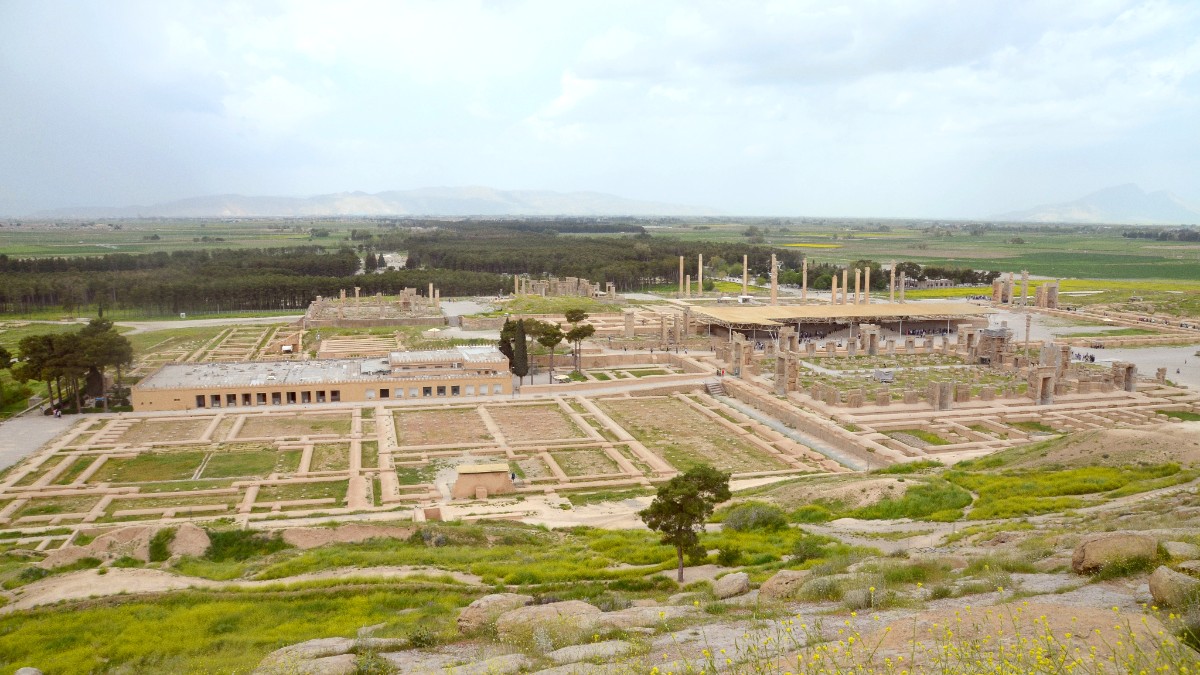
Iran
Protecting the environment is a shared responsibility, especially at historical and natural sites.
Cultural sensitivity enriches travel and displays respect for your hosts.
Responsible travel benefits local economy and communities.
Protecting the environment is a shared responsibility, especially at historical and natural sites.
Persepolis is an UNESCO World Heritage site, requiring careful treatment.
Iran's recycling infrastructure is less developed. Minimize your waste.
Responsible waste management and water conservation are important local issues.
Your actions contribute to the preservation of these ancient wonders.
Be aware of your overall consumption habits during your travels.
Carry gear that aligns with eco-friendly principles.
Reducing plastic footprint is . A reusable water bottle and mindful waste practices contribute to preserving Iran's heritage.
Cultural sensitivity makes your travel better and displays respect for your hosts.
Your visit plays a part in supporting cultural preservation efforts.
Mindful photography practices uphold local privacy and customs.
Respectful conduct within religious sites is important for visitors.
Dress extra modestly; women might wear a chador, provided at entrances.
Take off shoes before entering mosques, shrines, and private homes.
Maintain quiet and respectful behavior inside religious buildings.
Respect local dress codes, notably for women, in all public spaces. This displays respect for the culture and local regulations.
Responsible travel ensures your visit benefits the local economy and communities.
Seek out ways to directly support local businesses and community initiatives.
When buying handicrafts, attempt to support local artisans fairly.
Certain practices, though seemingly minor, can have negative local effects.
Engaging with the local community in respectful ways enriches your journey.
Your financial choices contribute directly to the well-being of the Iranian people.
Choose locally owned guesthouses and hotels.
Dine at local eateries and cafes.
Book tours with local guides.
Foreign credit and debit cards do not function in Iran due to international sanctions. Carrying enough cash (USD or EUR) for exchange at official offices is important for all transactions.